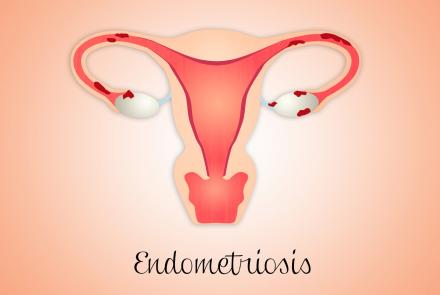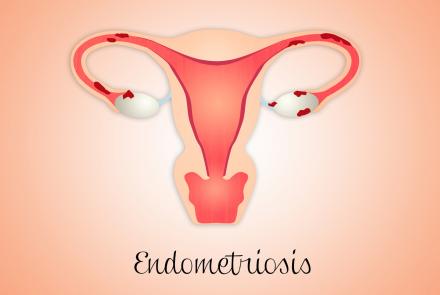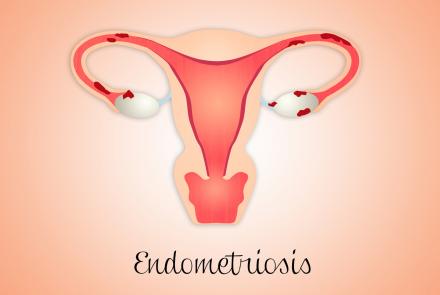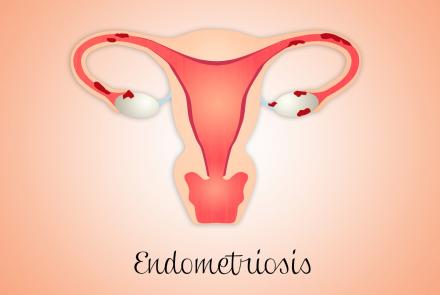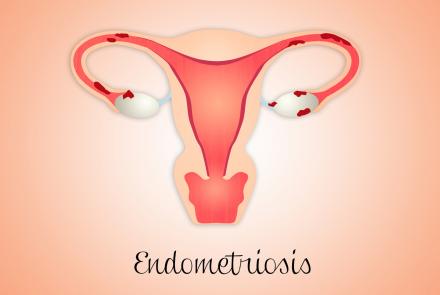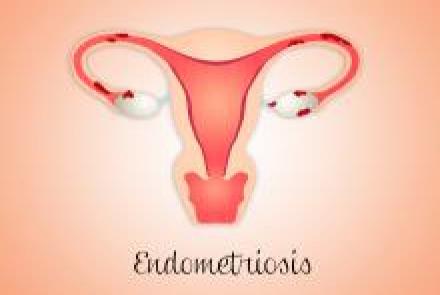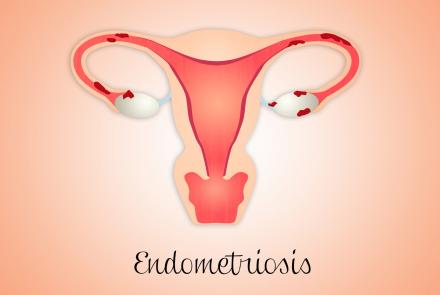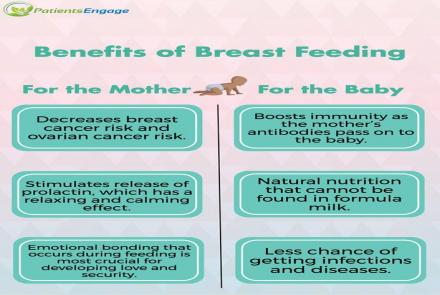Dr Shruti Mohanka, a fertility specialist and gynaecologist at Global hospital in Mumbai helps us understand how fertility preservation should addressed for all young male and female patients undergoing cancer treatment.
Fertility preservation is a critical element of improving quality of life in cancer survivors. Young children and young adults often survive cancer and may wish to have families in the future. They and their families need to be aware that preserving fertility is an option. Too…

This webinar is not just for Ovarian Cancer survivors but also for survivors of breast cancer, uterine cancer, colorectal cancer and all women at risk of Ovarian Cancer.
Ovarian Cancer is a difficult to diagnose cancer. So it is very important for us to be aware of the surprising symptoms of Ovarian cancer. We must also know the factors that increase risk.
Additionally, in COVID times, it is important to understand how to continue treatment and when you should vaccinate.
We bring together a panel of
Dr. Shyam Aggarwal, Chairman Medical Oncology, Sir Gangaram Hospital, New Delhi
Dr. Nidhi Tandon, Consultant Medical Oncology Narayana Health, Bengaluru
Dr. Vivek Agarwala, Medical Oncologist, Narayana Superspeciality Hospital, Kolkata
In the video (recording link below) we talk about:
- What is ovarian cancer and who is at risk of ovarian cancer? is it hereditary
- What are the early signs or symptoms of ovarian cancer?
- Who should you consult when you have symptoms
- What is the difference between cyst and cancer and how to differentiate between the two
- Does removal of ovaries reduce lifespan?
- What are the treatment options after diagnosis of ovarian cancer?
- What risks should patients be aware of and role of chemo before or after surgery
- If you have ovarian cancer can you also get breast cancer?
- Even during covid cancer treatment cannot be postponed
- Are video consults useful
- Can cancer patients undergo Covid vaccination
Changed
28/Mar/2022
Community


